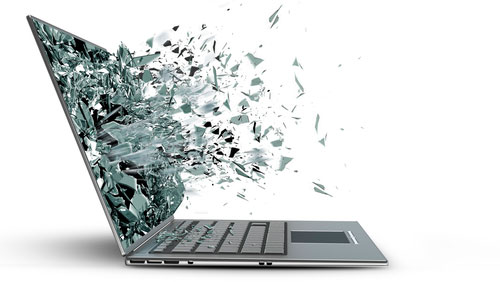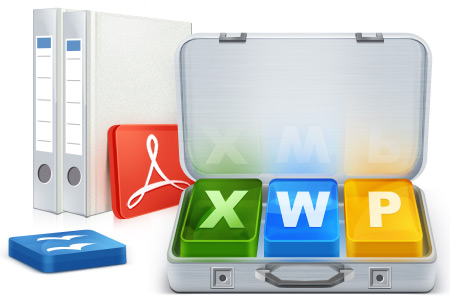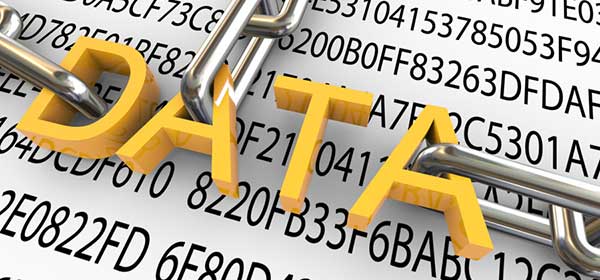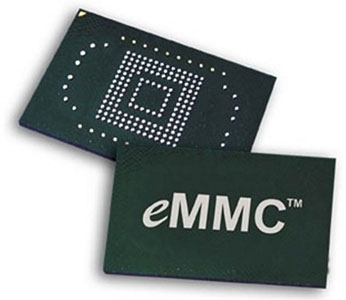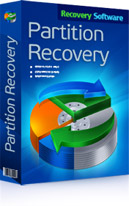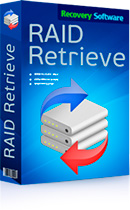- recovery |
- |
- 17 min. Reading |
Working in a data recovery company, we get to hear stories about people getting into trouble by trying to improve something. Whether experimenting with Windows registry tweaks or using a low-level defragmentation tool, these optimization attempts often end up in the hands of a data recovery company such as ours.



